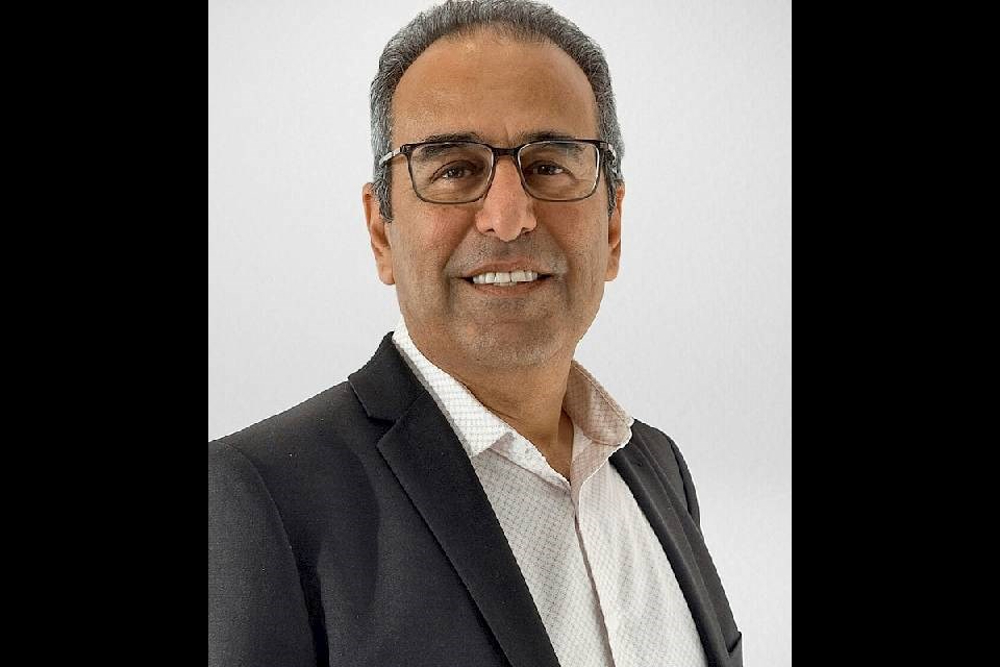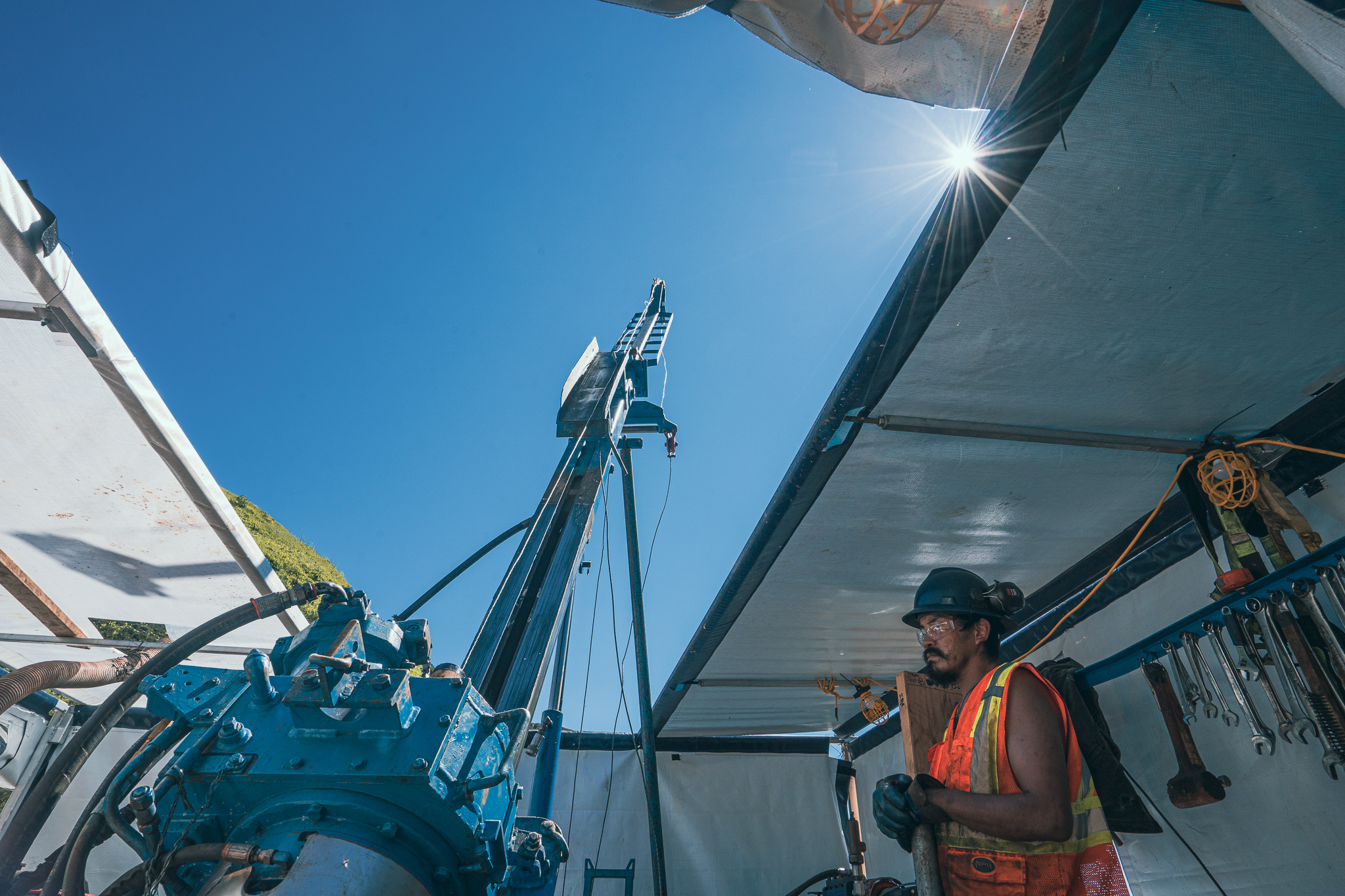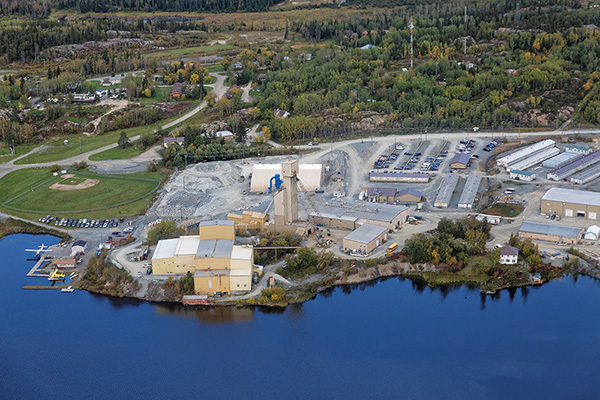Canadian mining and metals companies lagging on data leadership

Canada’s growing focus on energy efficiency, the electrification of the transportation sector and carbon pricing policies – all combined with the volatility in today’s energy and commodity markets – means mining and metals (M&M) organizations must make faster and more intelligent business decisions.
Of course, that’s much easier said than done. The last couple of years have highlighted the huge potential of digital in the M&M space, with many companies increasing investments in digital transformation. While a step in the right direction, the sector has historically struggled to figure out how to deploy, use and integrate technologies end-to-end to achieve their full strategic value.
Several industries – such as banking, consumer goods and technology – are leading the way, integrating transformative data initiatives into their strategic approach. Meanwhile, Canadian mining and metal companies have only just started to fully appreciate the true value of data moving forward.
The good news is there’s no shortage of data. Now it’s a matter of capturing increasing amounts of data, translating it into actionable insights and ultimately empowering more intelligent business decisions.
This will require a more sharpened focus on data-driven capabilities. As data becomes the fuel for economic development, Canada’s mining and metals companies must re-engineer their data strategies and look critically at their leadership teams to remain competitive.
New research from EY finds that hiring a chief data officer (CDO) is one of the most effective steps companies can take to determine how data will be used and governed throughout the organization. The role of the CDO has become more prevalent in recent years, with 65% of data-intensive organizations confirming they had a CDO in 2021 – up 53% from 2012 . With the right data strategy in place, led by a CDO who understands the sector, Canada’s mining and metals companies will be better positioned to overcome the many structural and market obstacles they face.
There are three growing challenges in the mining and metals sector that a chief data officer can help solve, they are prioritizing ESG and decarbonization, centralising and putting data to good use and filling a leadership gap.
ESG and decarbonization is a priority: In a study EY teams conducted on the top 10 business risks and opportunities for mining and metals in 2022, “environmental and social issues” and “decarbonization” were listed as the number one and number two trends, respectively. The climate crisis and rising stakeholder expectations are increasingly significant forces of change.
AI and other data-driven digital technologies can enable diversification into greener products and improve reporting to boost safety, ESG transparency and sustainability while simultaneously reducing costs. M&M companies need CDOs to help make these transformational changes to drive long-term value for the organizations and the communities they serve.
Data is everywhere, but there is a lack of centralization and true insight: An ongoing issue with the M&M industry is that companies are not good at seizing and developing foundational aspects of connectivity. From data acquisition and governance to using cloud-based platforms to their full extent (which is central to connectivity), M&M companies either don’t know where to start or don’t know how to execute. Until data is pieced together, it cannot be used to drive insights and decision-making.
CDOs can help ensure data is linked with data governance leading practice so that advanced analytics and machine learning can be leveraged to not only translate data into meaningful insights but to also take visualization of the data to the next level.
In the long run, the hope is that the data can enable the M&M industry to implement full digital twin monitoring, which enables a more holistic, integrated understanding of how mines operate.
No real recognition in M&M of the CDO role today: One of the root causes behind the M&M productivity challenge is a “lack of ownership of the digital transformation agenda.” Having a CDO who can take control of digital transformation strategy is crucial to focusing efforts on effectively building business capabilities using new digital technologies, data and analytics that generate new competitive advantages and create value.
Done right, Canadian mining and metals companies can overcome the data leadership gap to remain competitive in the volatile global environment. Data is power, and the exploitation of data could be an invaluable resource and a great advantage. As the prevalence of CDO roles continue to grow globally, it’s clear that organizations are seeing the value in hiring an effective CDO to better make use of their data.
PRADEEP KARPUR partner, data and analytics at EY Canada, based in Toronto. For more information visit www.ey.com/en_ca/mining-metals .





Comments